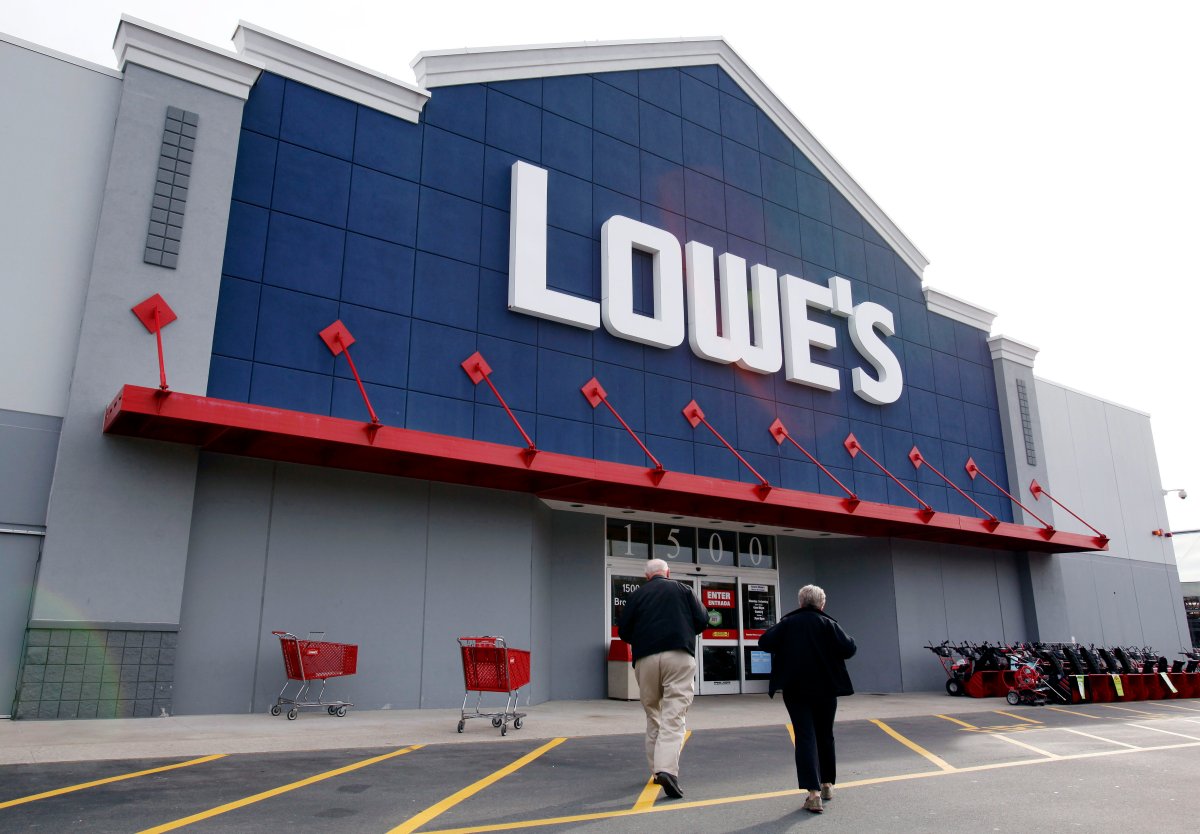An employee at the Lowe’s home improvement store in Burlington on Harrison Crescent has tested positive for COVID-19, according to the company’s head office in Quebec.

In a statement to Global News, the company said the location just northwest of Appleby line and Dundas Street closed on Monday for “an extensive cleaning and disinfecting” and has since re-opened for curbside pick-up only.
The associate informed management of the diagnosis on April 26 and has not worked at the store since April 20.
“We duly notified the local public health authorities of the situation and discussed the measures taken before reopening the store for curbside pick-up on April 28,” the company said in their release.
Halton public health suggests anyone who visited the store between April 13-20, inclusive, should monitor for symptoms until May 4, and reach out to Telehealth Ontario at 1-866-797-0000 if necessary.
As of Tuesday, Halton region reported another 14 positive cases of COVID-19 with two new probable cases. The region now has 507 cases with 443 of those confirmed positive through testing.
The region has a total of 21 deaths connected to the virus. Burlington has reported seven deaths since the start of the pandemic.
Questions about COVID-19? Here are some things you need to know:
Health officials caution against all international travel. Returning travellers are legally obligated to self-isolate for 14 days, beginning March 26, in case they develop symptoms and to prevent spreading the virus to others. Some provinces and territories have also implemented additional recommendations or enforcement measures to ensure those returning to the area self-isolate.
Symptoms can include fever, cough and difficulty breathing — very similar to a cold or flu. Some people can develop a more severe illness. People most at risk of this include older adults and people with severe chronic medical conditions like heart, lung or kidney disease. If you develop symptoms, contact public health authorities.
To prevent the virus from spreading, experts recommend frequent handwashing and coughing into your sleeve. They also recommend minimizing contact with others, staying home as much as possible and maintaining a distance of two metres from other people if you go out.
For full COVID-19 coverage from Global News, click here.
- ‘Shock and disbelief’ after Manitoba school trustee’s Indigenous comments
- Several baby products have been recalled by Health Canada. Here’s the list
- Canadian food banks are on the brink: ‘This is not a sustainable situation’
- Invasive strep: ‘Don’t wait’ to seek care, N.S. woman warns on long road to recovery





Comments